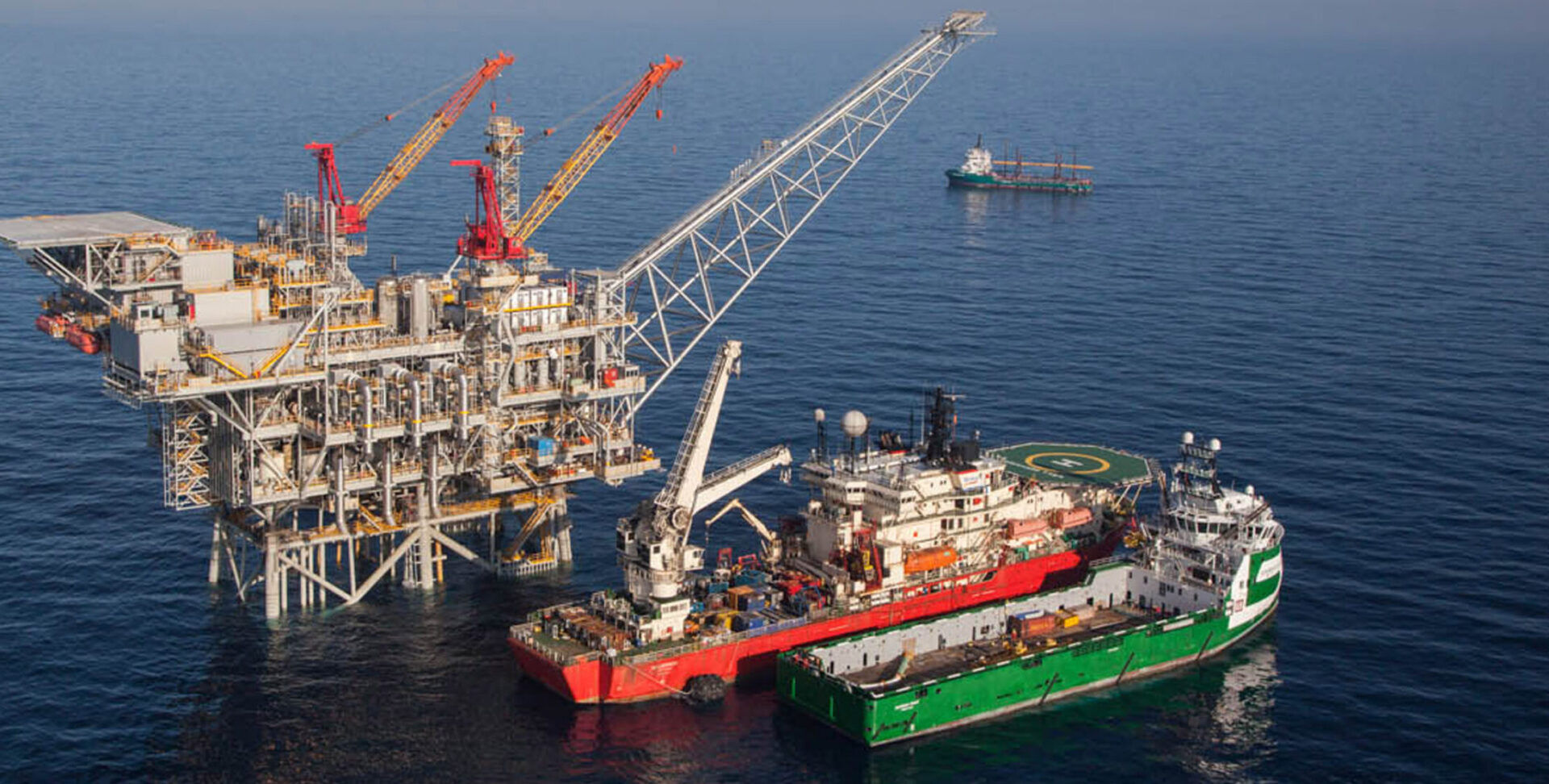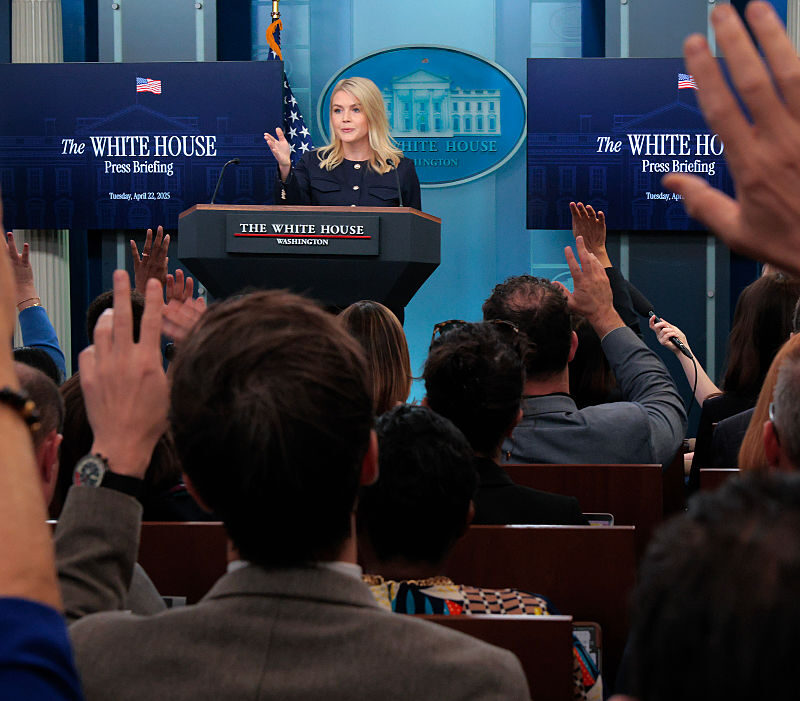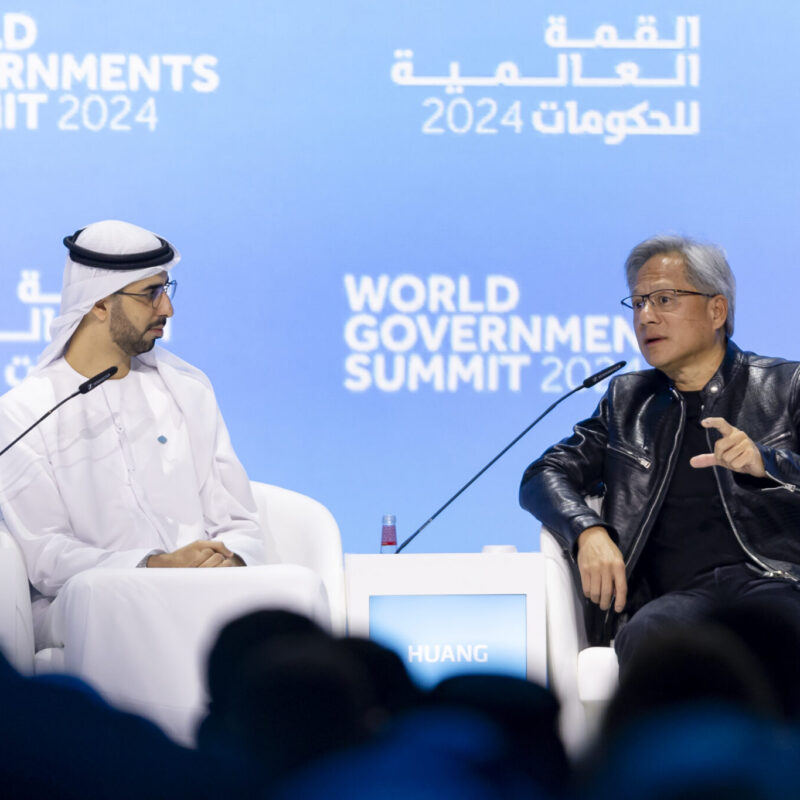
Albatross via Getty Images
Gas deal bolsters Israel-Egypt industrial ties; help for Europe’s fuel gap limited
Signing ceremony in Cairo comes as U.S. envoy flies to Beirut to ease tensions over gas fields straddling Lebanese-Israeli maritime border
The European Union’s commitment to buy Mediterranean gas through an Israeli-Egyptian partnership will be a boon to the energy industries in both countries, even if it’s only a fraction of what’s needed to reduce the continent’s dependence on Russian gas.
Following the deal signed in Cairo last week, government officials hailed the commercial and political benefits for Israel and Egypt in working together to export liquefied natural gas to markets outside the region. Energy analysts noted, though, that it would take years to ramp up supply through the Idku and Damietta liquefaction plants on Egypt’s northern coast and will do little to fill the gaps in gas flow that have hiked Europe’s energy costs since Russia invaded Ukraine in February.
“On a practical level, Israel is already supplying close to maximum capacity” for its domestic gas needs and the amount sent via an undersea pipeline to Egypt, Amit Mor, chief executive of Eco Energy, an Israeli consulting firm, said in an interview with The Circuit. While “nice and symbolic,” he said, the three-way agreement “will not have a significant effect on the gas supply to Europe because it is a relatively small amount.”
While the gas deal has been in the works for several years, said Middle East political risk consultant Ghanem Nuseibeh, “what has happened with the Ukraine crisis is a wake-up call.” That the countries who inked the agreement have realized that they face serious and common challenges has allowed a “shift in geopolitics,” said Nuseibeh, a founder of London-based Cornerstone Global Associates. This has forced previous regional concerns and rivalries to “become of secondary importance compared to the real challenges of energy and food security faced by all the countries,” he said.
The cooperative effort by Egypt and Israel to supply gas to Europe stands in contrast to the saber-rattling between Lebanon and Israel that has flared in recent weeks over deep-water gas fields straddling the two countries’ maritime borders. Just two days before the Cairo ceremony, U.S. energy envoy Amos Hochstein flew to Beirut in an attempt to find a solution to the dispute, which has simmered for years and has threatened to escalate into a military confrontation.
The tensions with Lebanon had little visible impact on the European gas deal with Egypt and Israel, which was praised for its potential to help all three parties.
“This is a tremendous moment in which little Israel becomes a significant player in the global energy market,” Israeli Energy Minister Karin Elharrar said at the June 15 signing of a memorandum of understanding between the European Union and the two countries. It took place at a meeting of the East Mediterranean Gas Forum, which also includes Greece, Cyprus, France, Italy, Jordan and the Palestinian Authority.
Egyptian Minister of Petroleum and Mineral Resources Tarek El Molla called the deal an “important milestone,” adding that it would “strengthen relations between our region and Europe, and I think further collaboration will come between member countries of the East Mediterranean Gas Forum.” Despite having signed a peace agreement 43 years ago, Egypt and Israel have never enjoyed warm relations.
Also known as the EastMed Forum, the group formed in 2019 to bring together countries in the Eastern Mediterranean basin and aims to promote cooperation in a region rich with deep-sea gas reserves. The agreement signed with the EU not only increases the market for that gas, it also encourages European companies to participate in further exploration.
Ursula von der Leyen, president of the European Commission, also signed the agreement in Cairo and later tweeted, “This will contribute to our energy security. And we are building infrastructure fit for renewables — the energy of the future.”
A day before the signing, von der Leyen, during a stop in Jerusalem, pointed to Europe’s pressing fuel needs after a meeting with Israeli Prime Minister Naftali Bennett. “With the beginning of this war and the attempt of Russia to blackmail us through energy, by deliberately cutting off the energy supplies, we decided to cut off and to get rid of the dependency on Russian fossil fuels, and to move away from Russia and diversify to trustworthy suppliers,” she said.
The discovery of the offshore Leviathan and Tamar gas fields in the Mediterranean over the past two decades has been a stunning development for the Israeli gas industry. Among international companies that may benefit from the European agreement with Israel and Egypt are Chevron Corp., Shell Plc and TotalEnergies SE, according to Bloomberg, citing a note to investors by analysts at Barclays Plc. All three companies have stakes in gas projects in Israel or Egypt.
The Tamar field has also become one of the banner stories of the Gulf-Israel normalization pact known as the Abraham Accords. Abu Dhabi’s Mubadala Petroleum bought a 22% stake in the exploration project last year for about $1 billion, the largest deal since the Accords were signed at the White House in September 2020.
For Israel’s former minister of energy, Yuval Steinitz, who was instrumental in establishing the EastMed Forum and instigating Israel’s previous gas deals with Egypt and another with Jordan, the EU deal ratified the regional importance of the gas discoveries. He said that the partnerships in the field of energy are “the first significant economic cooperation” between Israel and Egypt since the 1979 Camp David Accords, and between Israel and Jordan, which made peace in 1994.
Steinitz, who was energy minister between 2015 and 2021, said he was confident that other Arab states such as Saudi Arabia and the Emirates would soon join the EastMed Forum as observer countries and also that said contracts originated when he was energy minister have already generated some $30 billion. Their value is likely to triple in the near future, he said.
Among the projects undertaken by the EastMed Forum is the construction of an underwater pipeline that would be able to transfer even larger amounts of natural gas from Israel and the region directly to Europe without first needing to be liquefied. Although previously approved by the member countries, including with the backing of the two previous U.S. administrations, the project has stalled in the last six months after President Joe Biden withdrew his support over environmental concerns.
“This is a clear mistake,” Steinitz told The Circuit. “I don’t know why this evaporated in the last half-year. It is rational and reasonable to build such a pipe if you want Israel and Cyprus to become substantial suppliers of gas to Europe.”
Shai Bazak, CEO of ELNET, a non-government organization that works to strengthen the relationship between Israel and Europe, also said the energy issue “is one of the most important areas for collaboration.”
“We knew it would come up even before the war [in Ukraine],” said Bazak, who served as former Israeli Prime Benjamin Netanyahu’s spokesman in the 1990s.
“Selling gas gives Israel a place at the table in the Middle East,” Bazak said, noting that the European Union is Israel’s top trading partner. “The energy issue is part of the geopolitical arena and gives us more strength.”
Despite the reassuring display of peaceful collaboration between Egypt and Israel, the dispute over gas with Lebanon remains, with the potential for igniting military confrontation in the region.
The dispute involves an 840-square-kilometer (325-square-mile) swath of Mediterranean Sea off the two country’s coasts.. Previous efforts to resolve the problem stalled two years ago when Lebanon changed its demands, asserting that its previous maritime map needed modifying.
Tensions flared again earlier this month when a vessel belonging to Greek-British gas company Energean arrived in the area to develop Karish, one of Israel’s three operational gas fields. Lebanese leaders charged that the floating rig was operating in disputed waters, which drew unprecedented threats from Hezbollah, the militant Islamist group that dominates Lebanese politics and is a designated terrorist organization.
Sarit Zehavi, CEO and founder of the Alma Education and Research Center, which focuses on Israel’s security challenges on its northern border, said the visit by Hochstein, the U.S. special envoy, appeared to have calmed tensions. She said Lebanese anger towards Israel stemmed most likely from internal politics than from any legitimate claim to the area where Karish is located.
Lebanon’s President Michel Aoun and its prime minister, Najib Mikati, both warned Israel against drilling in the offshore natural gas field, with Mikati, according to Reuters, accusing Israel of “encroaching on Lebanon’s maritime wealth, and imposing a fait accompli in a disputed area.”
Steinitz, who oversaw the last round of negotiations with Lebanon when he was minister, pointed out that the Karish field was far from the area under dispute. He said the most recent blow-up was probably because Lebanon, which is in a severe economic crisis, has not been able to find its own gas in the area. He noted that international companies have resisted working off the Lebanese coast because of the dispute with Israel.
However, added Steinitz, because Lebanon is in the same geological area as Egypt, Israel and Cyprus, which all have discovered gas, “it is very likely that there is also gas in Lebanese waters.”



